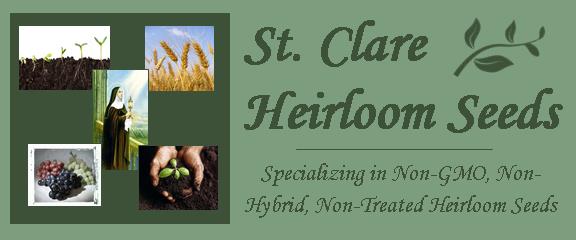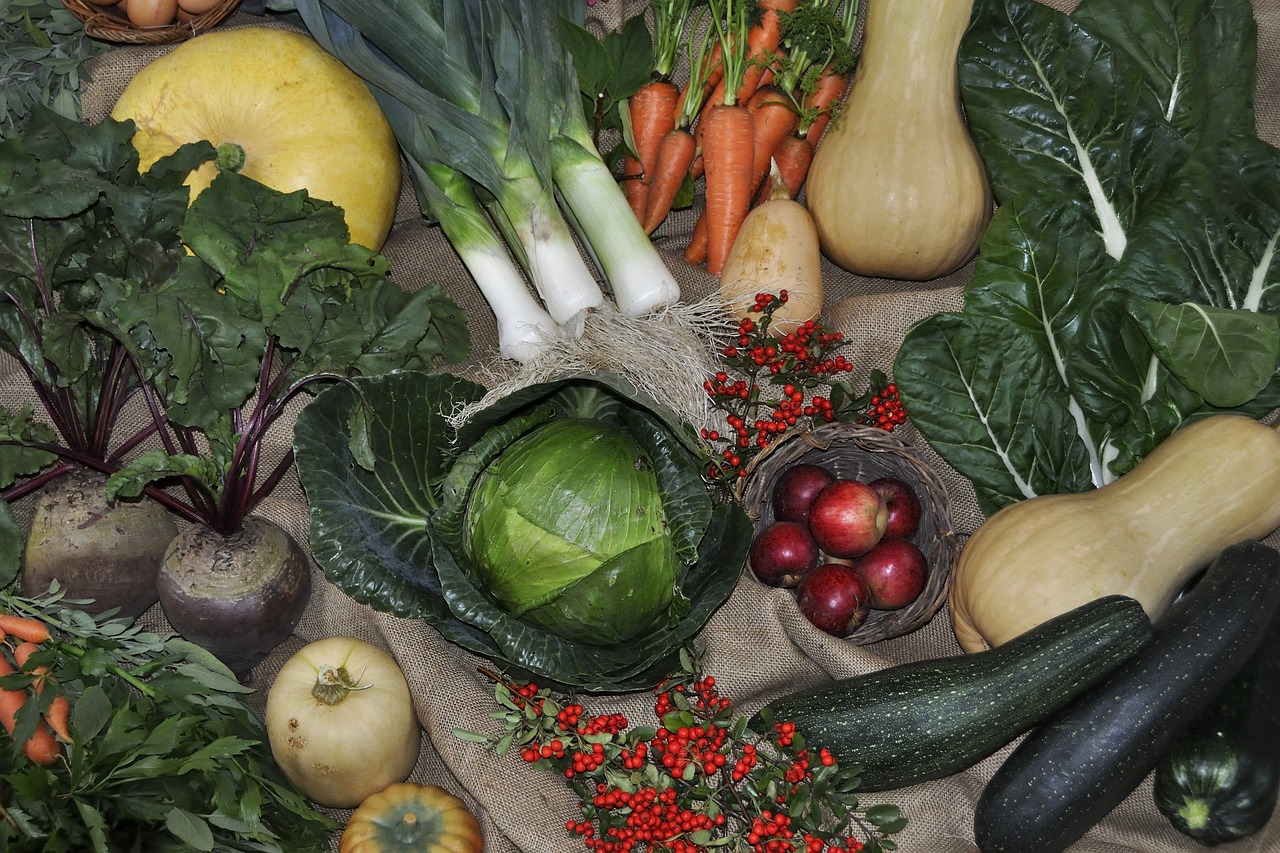
Organic Gardening:
The basic “Why’s” and “How’s” of growing organic.
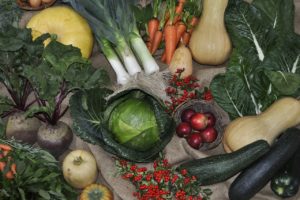
Organic gardening was for a while seen as something only the super health-nuts or hippies did. But, not so anymore, we are all becoming aware that the methods of gardening with chemicals that have become popular in recent generations are no healthier than the awful stuff called margarine. The more research that has come out showing the terrible side effects of synthetic fertilizers and the chemicals in commercial pesticides and herbicides, the more we realize, the hippies had something there! Funny thing, though, organic gardening is really not so recent as all that. Thousands of years of gardeners before us grew only with organic methods. Here we’ll delve a bit into the whys of going organic, and a couple starting points to begin with if you aren’t already on the bandwagon.
It’s natural: Works with nature and is good for you and your garden.
Many gardeners wonder what exactly organic gardening means. The simple answer is that organic gardeners don’t use synthetic fertilizers or
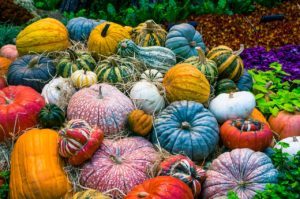
pesticides on their plants. Organic gardeners take advantage of nature and how it works, also working to replenish the resources their plants use up.
Chemical fertilizers and pesticides provide short term results yet, in the long term damage the soil, ground water, and our health.
Sure, chemical fertilizers and pesticides are quite effective, but numerous studies have proven them to have terrible side-effects to humans, animals and even the soil. Round-up, for instance, causes numerous negative effects on the soil, effects that include compaction and resultant runoff, the killing of beneficial microbes and bacteria, and the exhaustion of necessary minerals and other nutrients that plants require.
One big key to start with:
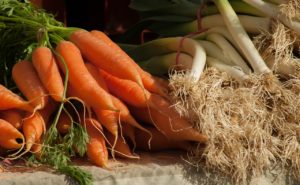
Replenish resources as you use them. Healthy soil means easier and healthier organic gardening. “Feed the soil and the soil will feed the plants“.
It’s really common sense. Plants get their nutrients from the soil. If we use up the nutrients, without replenishing them, our plants will be small, weak, and produce little for yields at harvest time. Another vital resource, of course is water, making sure you water consistently and evenly goes a long way in growing the best plants you can, plants that don’t have to struggle against drought in the soil are able to put their energy into producing the bests fruits. Interestingly, watering too little or too much can affect even the flavor of the fruit from your plants.
